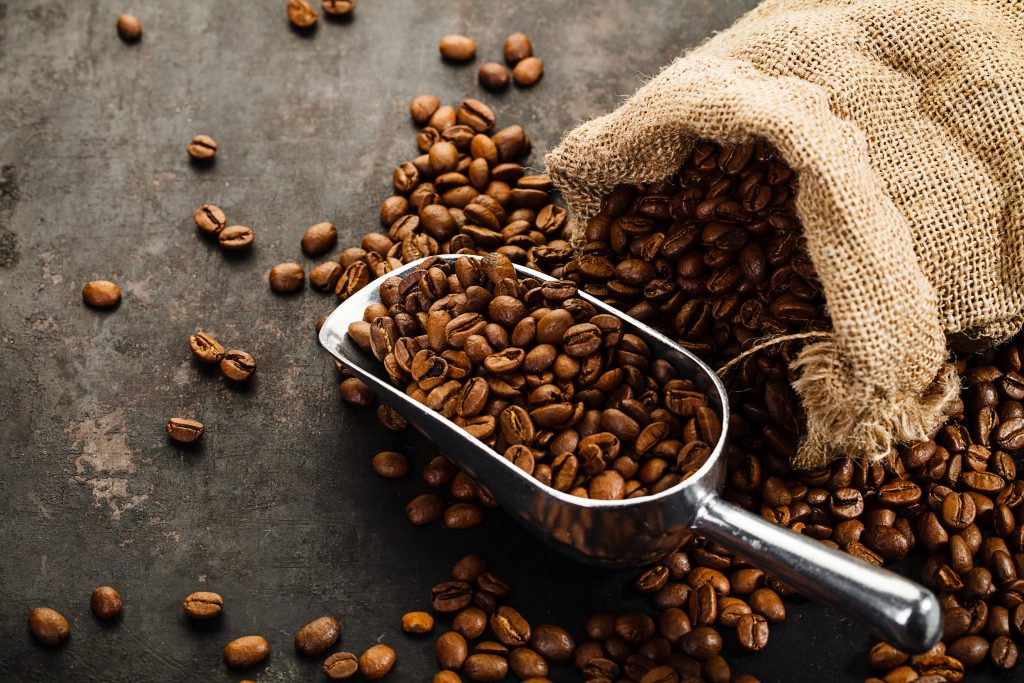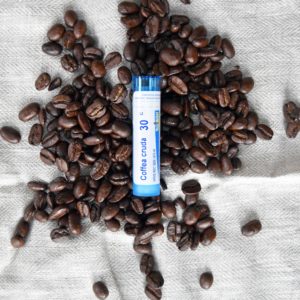Last updated on November 10th, 2023 at 10:12 am
In honor of National Coffee Day, we’re celebrating the love of a good brew with a few facts about your favorite cup of joe.
- The exact origin of coffee is unknown. Legend has it that an Ethiopian goat herder Kaldi discovered coffee around 850 A.D. after noticing that his goats did not sleep after eating some coffee berries. He shared his findings with a monk who then made a drink out of it to help him stay alert during evening prayer. Coffee eventually made its way to Europe by the 17th century.
- Americans love their coffee. As of 2013, individuals in the U.S. consumed about 23 gallons of coffee per year, with New Yorkers consuming the most coffee in the nation. Still, Finland tops the scale in coffee consumption. Finnish adults drink about four to five cups of coffee per day.

- Coffee or tea? Although coffee is the most popular hot beverage in the U.S., tea is rising in popularity especially among people under 30 years old. One study found that 42 percent of individuals 18 to 29 years old preferred tea over coffee. Tea may be gaining popularity because of its perceived health benefits. Studies have shown that some substances found in tea (e.g., polyphenols, catechins and epicatechins) may have anti-inflammatory and antioxidant benefits.
- Coffee may be just as good for you as tea. Although coffee is often thought to be a not-so-good-for-you beverage, studies have linked black coffee consumption to a lower risk of stroke and heart failure. One meta-analysis, which examined 11 studies involving about 480,000 participants, showed a lower associated risk of stroke for those who consumed two to six cups of black coffee per day compared to people who drank no coffee.2 Another meta-analysis from the Circulation Journal showed that those who consumed four cups of black coffee had the lowest risk for heart failure.
- You can have too much of a good thing. People can overdose on coffee, but you would have to consume a profuse amount to do so, about 80 to 100 cups.
- A micro dose of the coffee bean can actually help with sleeplessness. While many people drink coffee to help them stay alert for their daily routines, the homeopathic form, Coffea cruda, helps relieve sleeplessness with mental hyperactivity.* Coffea cruda helps illustrate one of the main premises of homeopathy, the “law of similars.” Under this principle, a person experiencing certain symptoms can be treated by micro-doses of a substance capable of producing similar symptoms in a healthy person. In other words, while too much coffee can make a person jittery, a micro-dose of the coffee bean helps to relieve nervousness. To learn more about Coffee cruda, check out this video featuring Dr. Gary Kracoff NMD, Reg Pharm.
*Claims based on traditional homeopathic practice, not medical evidence. Not FDA evaluated.
References:
- 10 Things You Need to Know About Coffee. Live Science. https://www.livescience.com/27726-10-things-you-need-to-know-about-coffee.html. Published March 29, 2016. Accessed September 26, 2016.
- Carroll AE. More Consensus on Coffee’s Effect on Health Than You Might Think. The New York Times. https://www.nytimes.com/2015/05/12/upshot/more-consensus-on-coffees-benefits-than-you-might-think.html. Published May 11, 2015. Accessed September 26, 2016.
- Coffee’s millennial problem: tea increasingly popular among young Americans. YouGov. https://today.yougov.com/news/2015/02/25/coffees-millennial-problem/. Accessed September 26, 2016.
- Hawkins A. 26 Surprising Facts About Coffee. Good Housekeeping. https://www.goodhousekeeping.com/health/diet-nutrition/a30303/facts-about-coffee/. Published September 12, 2016. Accessed September 26, 2016.
- McCarthy N. Younger Americans Are Ditching Coffee For Tea. Forbes. https://www.forbes.com/sites/niallmccarthy/2015/02/26/younger-americans-are-ditching-coffee-for-tea-infographic/#1e56868d60b0. Published February 26, 2015. Accessed September 26, 2016.
- National Coffee Association. The History of Coffee. National Coffee Association. https://www.ncausa.org/about-coffee/history-of-coffee. Accessed September 26, 2016.
- Publications HH. Health benefits linked to drinking tea – Harvard Health. Harvard Health. https://www.health.harvard.edu/press_releases/health-benefits-linked-to-drinking-tea. Published September 2014. Accessed September 26, 2016.
- Milos G. Coffee’s Mysterious Origins. The Atlantic. https://www.theatlantic.com/health/archive/2010/08/coffees-mysterious-origins/61054/. Accessed September 29, 2016.






